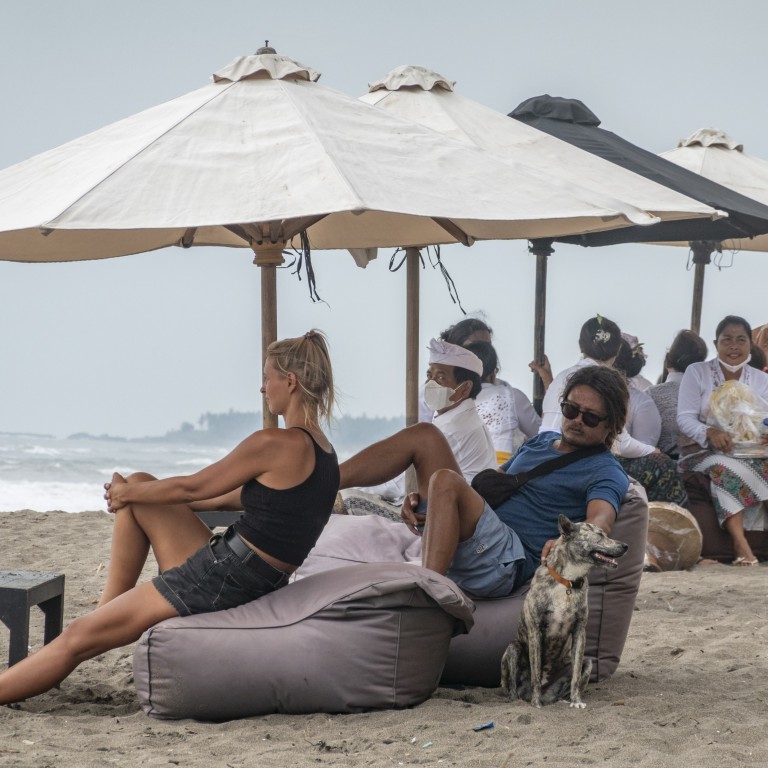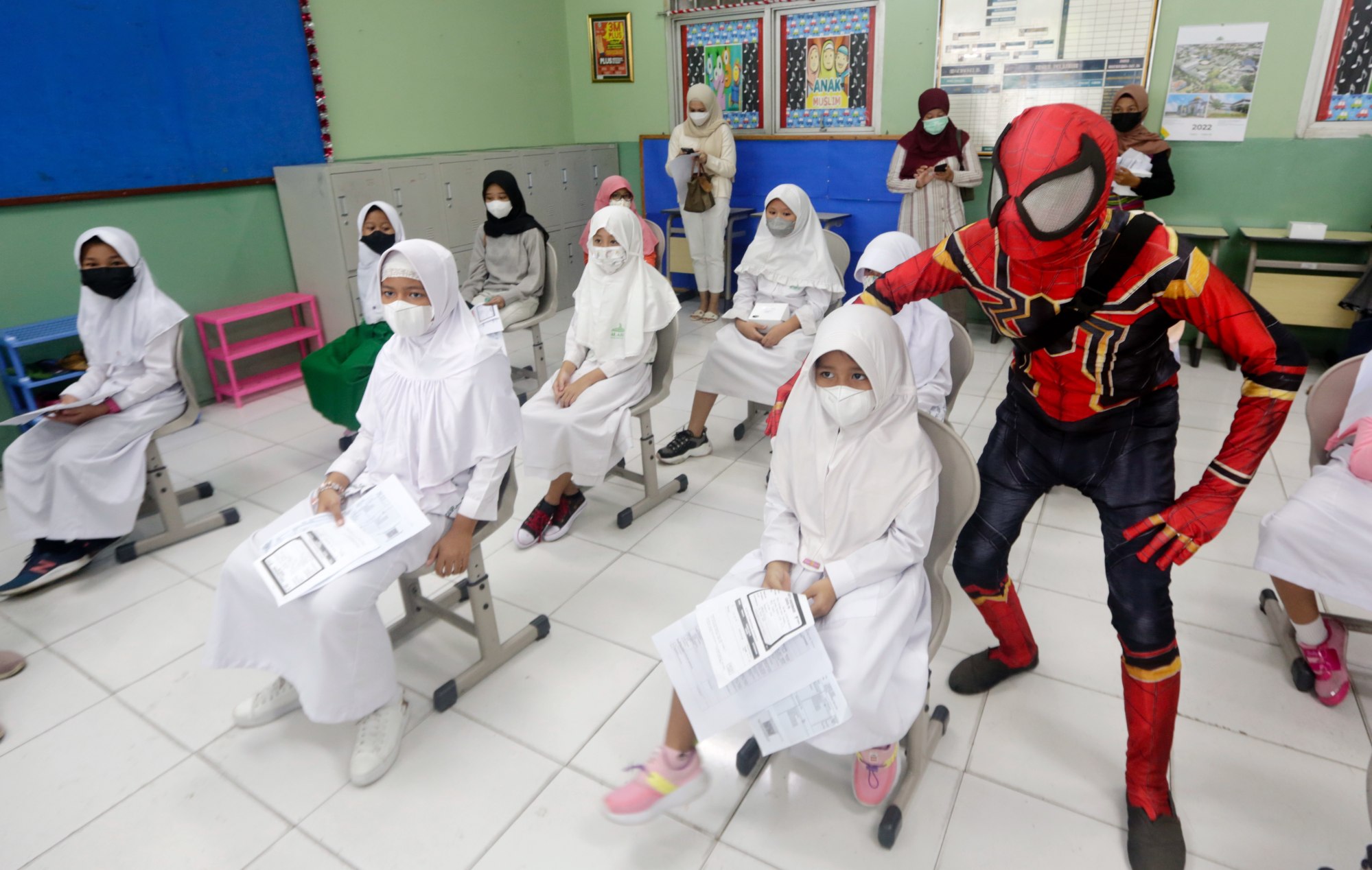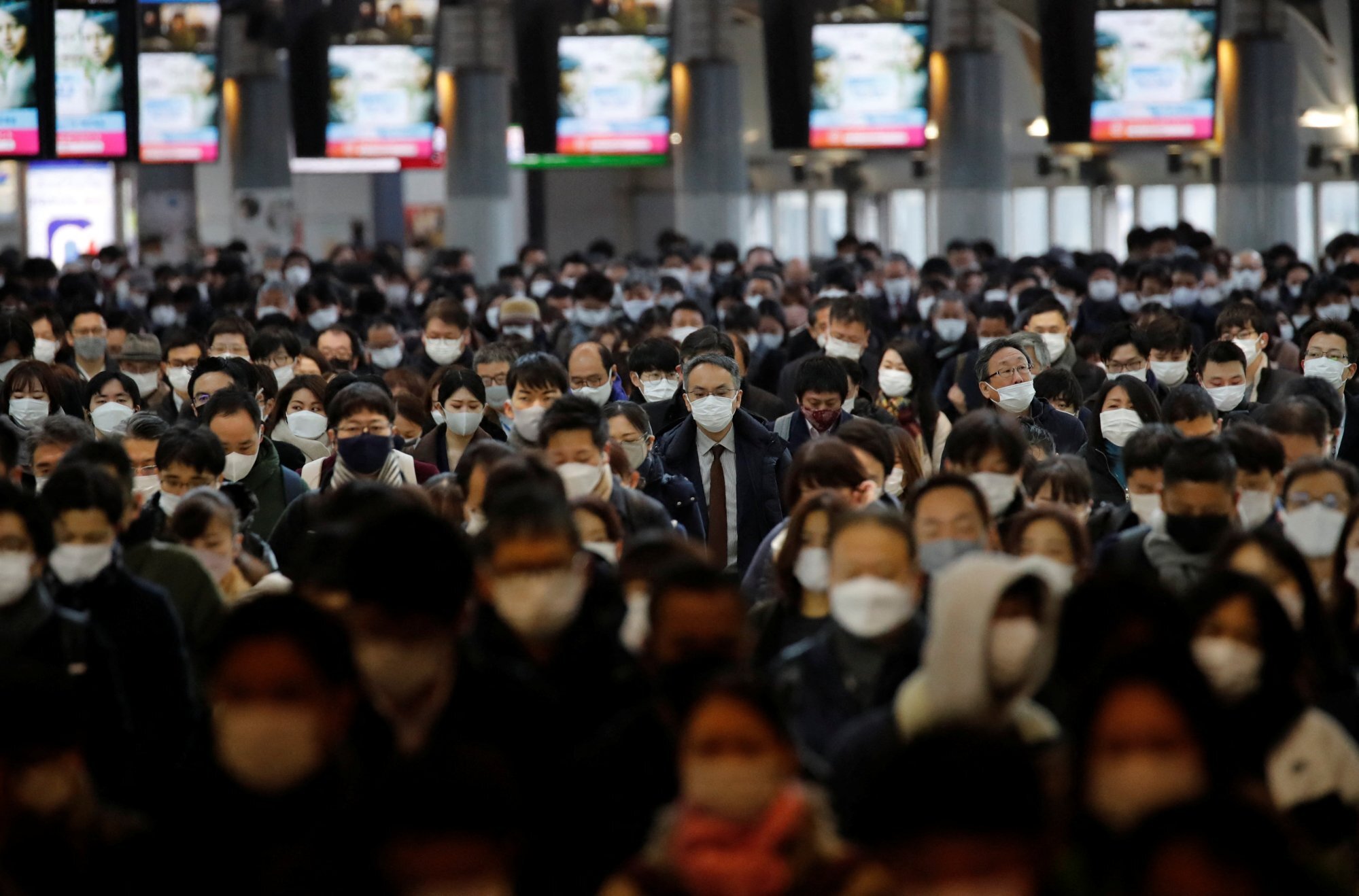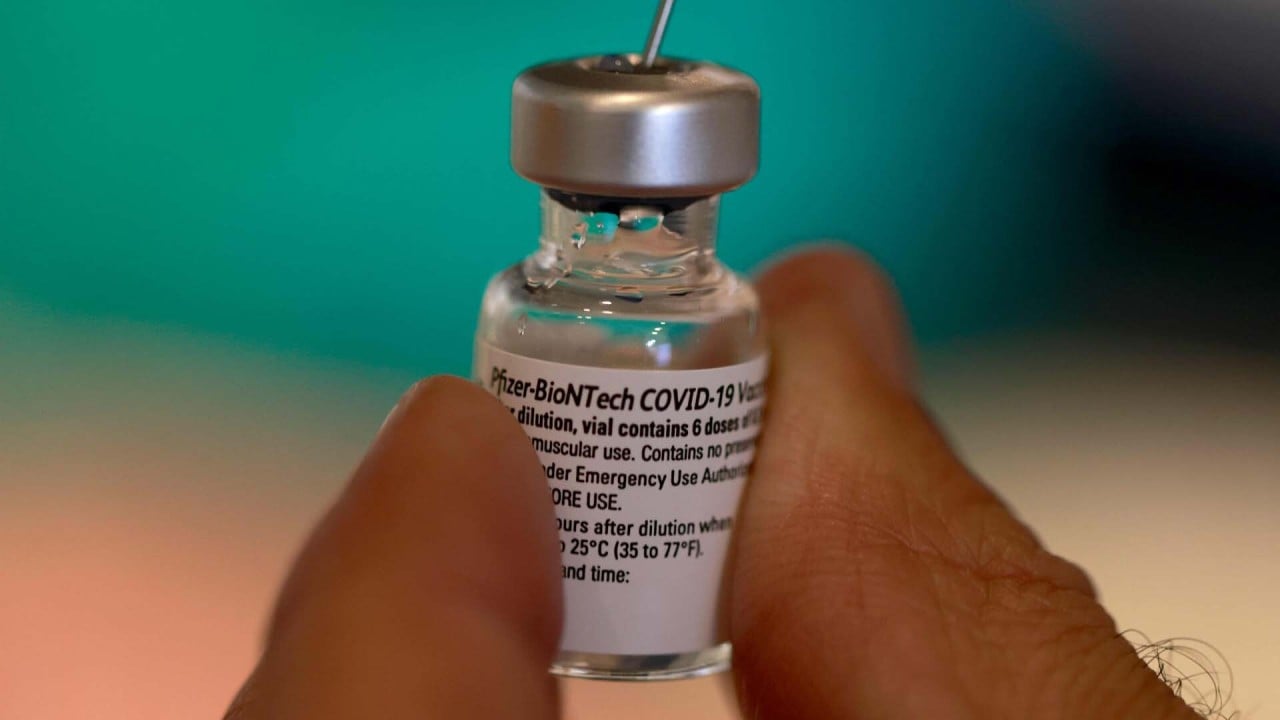
Coronavirus: Australia sees record deaths as hospitals fill up amid Omicron wave; Indonesia lifts ban on foreign arrivals
- A total of 77 deaths was recorded, exceeding the previous high of 57 last Thursday
- Elsewhere, Japan’s government is set to put greater Tokyo and other parts of the country under a state of quasi-emergency for three weeks
A total of 77 deaths was recorded, exceeding the previous national high of 57 last Thursday, official data showed.
“Today, is a very difficult day for our state,” New South Wales (NSW) Premier Dominic Perrottet said during a media briefing as the state reported 36 deaths, a new high.
Only four of those who died in NSW had received their booster shot, prompting the state’s health officials to urge people to avoid delays and get their third dose soon. Thirty-three were double-dosed.
“There needs to be a sense of urgency in embracing the booster doses,” NSW Chief Health Officer Kerry Chant said. “For Omicron, we know that the protection is lower and we need that next boosting to get that higher level of protection.”
Why Omicron may be the final coronavirus variant of concern
Amid rising hospitalisation, Victoria on Tuesday declared a “code brown” in hospitals, typically reserved for shorter-term emergencies, that would give medical centres the power to cancel non-urgent health services and cancel staff leave.
To help the public health system cope, the federal government activated a plan for private hospitals to provide up to 57,000 nurses and more than 100,000 staff to Omicron-affected areas around the country, Health Minister Greg Hunt said.
While authorities usually do not specify the coronavirus variant that leads to deaths, officials have said most patients in intensive care were infected with the Omicron strain, with unvaccinated young people forming a “significant number”.
Queensland said none of Tuesday’s record 16 deaths in the state had received booster shots. Of the 45 people who have died in the state due to Covid-19 since December 13, only one had received their third dose.
“Please come forward and get your booster, we know that it makes a difference,” state Health Minister Yvette D’Ath said.
Even as states look to avoid lockdowns and keep businesses open, Australian consumer confidence took a battering last week, an ANZ survey out on Tuesday showed, as the Omicron surge triggered self-imposed lockdowns and stifled spending.
Omicron has also dented Prime Minister Scott Morrison’s approval ratings, according to a widely watched poll on Tuesday, putting opposition Labor into a leading position months out from a federal election.
About 73,000 new cases were reported on Tuesday, down from a high of 150,000 last Thursday. So far, Australia has logged about 1.6 million infections since the pandemic began, of which around 1.3 million were in the last two weeks. Total deaths stood at 2,776.
Indonesia lifts ban on foreign arrivals
Authorities last week removed all 14 heavily-infected nations from its travel ban list, allowing visitors from countries including South Africa and the UK to enter its borders starting from January 12, according to a statement by the Covid-19 task force.
With restrictions in place, “it will be difficult for cross border movements that are still needed to maintain stability including the national economic recovery,” spokesman Wiku Adisasmito said in the statement.
The ban removal came as Southeast Asia’s biggest economy geared up for several international events this year, such as the MotoGP championship in March and the G-20 Summit in November that would generate more international arrivals.
Indonesia’s daily Covid-19 cases rose to a three-month high earlier this week, as the Omicron strain spread across the country and the number of local transmissions exceeded its imported infections. Still, hospitalisation rate and fatalities have remained low as vaccination coverage improved.

Tokyo area faces 3-week curbs
Prime Minister Fumio Kishida will make a final decision as soon as Wednesday, the report said. Tokyo, its three neighbouring and seven other prefectures around the country are likely to join the quasi-emergency, which allows the local government to request limits on gathering and hospitality operations.
Tokyo and neighbouring areas are discussing restrictions on serving alcohol, asking restaurants and bars to shorten opening hours and requiring testing of all participants at large events, NHK said.
The government is stepping up efforts to contain the spread as the nationwide daily case count closes in on the record from August last year. More than 25,000 new cases were reported each day over the weekend, from just double-digit cases a month ago. Tokyo recorded 3,719 new Covid-19 cases on Monday, with the seven-day average more than quadrupling versus a week prior.

The quasi-emergency measures are already in place in three prefectures in Japan – Okinawa, Yamaguchi and Hiroshima – until the end of the month.
People with proof of vaccination or a negative test will no longer be able to bypass limits on group dining or attending large events, according to local reports. The government plans to suspend this exemption as it sees the Omicron variant spreading even among those who have been vaccinated twice.
Meanwhile, Japanese Emperor Naruhito again expressed his hope for the end of the pandemic in a poem recited on Tuesday at an annual ceremony.
Princess Aiko, the only child of Emperor Naruhito and Empress Masako, released her first poem after coming of age last month, though she skipped attending the New Year Poetry Reading Ceremony as she is currently studying at university.
The 61-year-old emperor expressed his hopes of seeing many people once again travelling to and from Japan once the pandemic is contained, according to the Imperial Household Agency.
The ceremony, attended by the imperial couple as well as Crown Prince Fumihito, the emperor’s brother, was held with a significantly reduced number of participants to prevent the spread of Covid-19.
The theme of this year’s “waka” poems at the reading held at the Imperial Palace was “mado,” meaning “window.”
‘May God guide us’: Filipinos fear Omicron will ‘paralyse’ nation
Philippine congress halts sessions
The Southeast Asian nation reported 37,070 new cases on Monday, with 46 per cent of people tested confirmed positive of the virus, and bringing total active infections to 290,938.
The goal of having 90 million people fully vaccinated this year is on track, its vaccine czar Carlito Galvez said in a televised briefing.
Reporting by Reuters, Bloomberg, Kyodo

